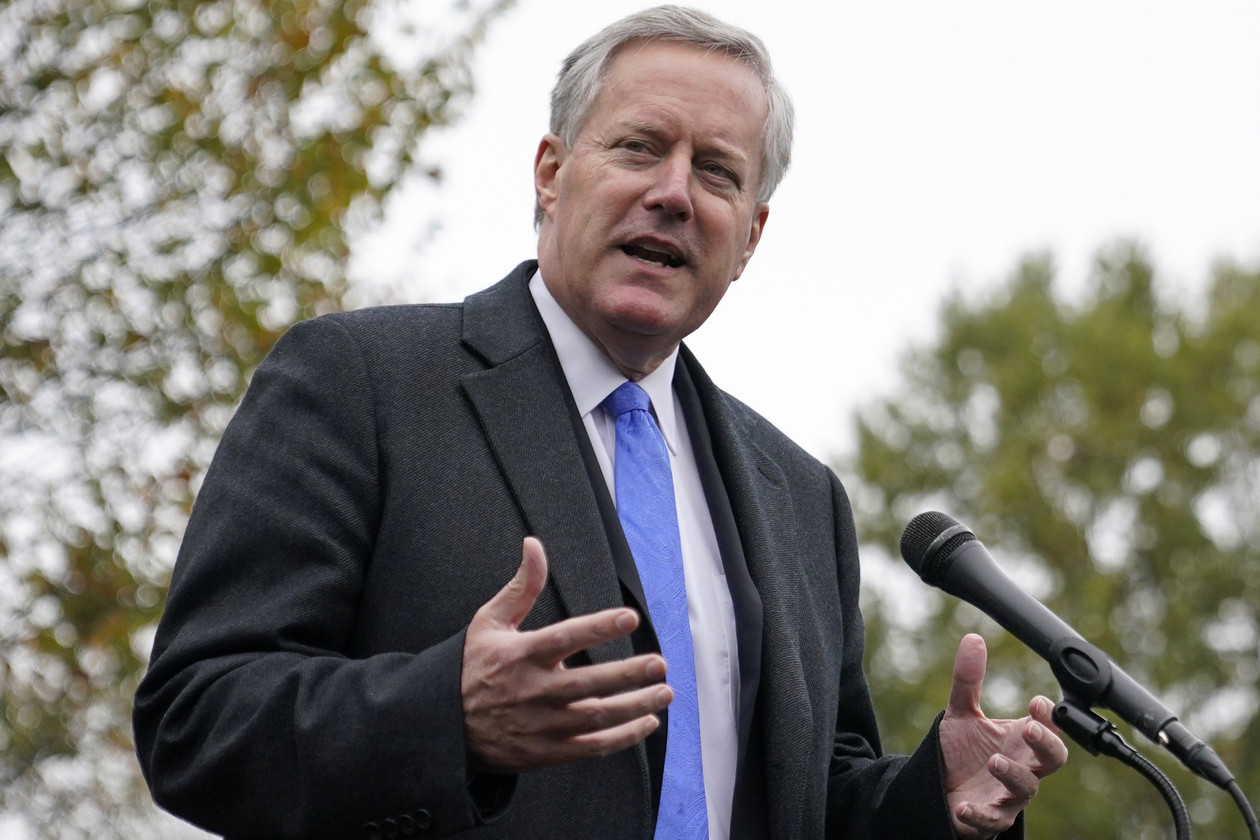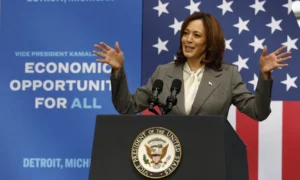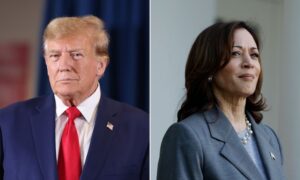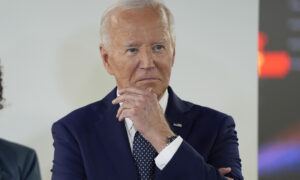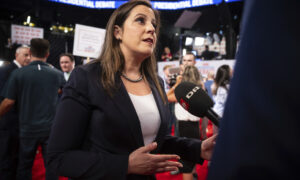On Friday, a federal appeals court panel expressed scepticism towards former White House chief of staff Mark Meadows’s attempt to have the state charges against him for allegedly attempting to manipulate the 2020 Georgia presidential election results taken and possibly dismissed by a federal court.
When asked about Meadows’ contention that the case involving him, Trump, and seventeen others charged with an alleged racketeering conspiracy should be overseen by federal courts instead of the courts in Fulton County, Georgia, all three judges on the eleventh circuit court of Appeals panel asked pointed questions. Meadows is Donald Trump’s chief of staff.
The appeals judges were very sceptical during the 50-minute oral argument session in Atlanta, GA, of Meadows’ attempt to assert that his efforts to assist Trump in securing a second term despite states having certified his defeat—actions that were central to the charges against him in Georgia—constituted an official duty of his chief-of-staff position.
“That just cannot be right,” remarked Obama appointment Judge Robin Rosenbaum. Among the things that would be considered beyond the scope of a government official’s duties, she named “electioneering on behalf of a specific political candidate” and “an alleged effort to unlawfully change the outcome of the election” respectively.
Given that federal law grants U.S. officials the authority to move cases from state to federal court when they are based on their official conduct, the extent of Meadows’ statutory responsibilities is crucial. Assuming a federal judge finds that Meadows’ activities were lawful while carrying out his official duties, the procedure known as “removal” might lead to the dismissal of the charges against him.
A separate federal statute, the Hatch Act, forbids government officials from participating in political activities while serving in their official role, as pointed out by Judge Nancy Abudu, who was appointed by President Joe Biden.
The 11th Circuit Court of Appeals chief judge, William Pryor Jr., is a conservative who has made it clear that he does not think the removal procedure applies to former officials—a very poor omen for Meadows. Congress should have preferred the removal of current officials solely, he added, as state accusations against former officials do not disrupt the “ongoing operations of the federal government.”
Pryor, who was appointed by President George W. Bush, stated, “That heightened concern might not exist where you have a former officer.” “One generally assumes that a state’s sovereign and its courts are trustworthy and equally devoted to upholding the law’s Constitution.”
According to Pryor, it doesn’t seem like the allegations against Meadows will affect how the Biden administration functions.
All three judges on the panel wondered aloud whether permitting state charges of ex-federal officials would have a “chilling effect” on present-day federal officials, even though they were generally sceptical of Meadows’ interpretation of the law.
The counsel for Meadows, George Terwilliger III, who was Bush’s deputy attorney general and acting attorney general, took advantage of the opportunity to claim that his client would have handled his federal job differently had he been aware that he may face prosecution in state court after leaving office.
“If I had known that I could be charged in a state court the moment I stepped down, my decision-making would have been really different,” Terwilliger claimed.
It would be beneficial to discourage sitting politicians from committing crimes, according to Fulton County District Attorney Fani Willis’s prosecutor Donald Wakeford. Without naming Trump, the prosecutor said that U.S. District Judge Tanya Chutkan had just welcomed such a chill when she dismissed a challenge to Trump’s criminal prosecution for his activities pertaining to the 2020 election. Regarding the lack of examples of punitive charges against former federal officials, Wakeford added that there has been no litany.
To prove it doesn’t or hasn’t happened, I’d bring up the vast amount of evidence from history. The situation is unique, according to Wakeford.
Since many conservative legal professionals and judges consistently advocate for “textualism”—a literal interpretation of laws—as the superior method of lawmaking, Terwilliger found herself in the uncomfortable position in the Meadows case of attempting to convince the judges to insert language into the removal statute that would encompass former officers even though they aren’t specifically named in the applicable section of the law.
Terwilliger accomplished this by expressing significant concerns about the potential repercussions should the courts uphold the legitimacy of state charges of ex-federal officials. “That would lead to chaos,” he adamantly maintained.
Terwilliger had framed Congress’s goals in drafting the statute in a way that Pryor found questionable.
“We can’t smuggle in the answer to purpose before we look at the text,” the judge stated, stressing that the purpose has to be established from the text.
The court, according to Rosenbaum, may be going too far in its quest to provide a shield for ex-federal officials.
“Wouldn’t Congress be the best body to deal with that?” she inquired.
“If there was any doubt about it, I believe Congress would swiftly resolve it,” Terwilliger responded, “but for 130 years, there has been absolute certainty about it.”
Meadows was denied the opportunity to transfer his case to a federal court in September by a federal district judge. The 11th Circuit panel is currently considering Meadows’ appeal of that decision. In the event that Meadows’s prosecution is ultimately transferred to federal court, his attorneys have indicated that they will move swiftly to dismiss the case for violating federal prerogatives.
While Trump and Meadows are both facing charges in the state case, the former president decided not to pursue the option to have his trial transferred to federal court.

